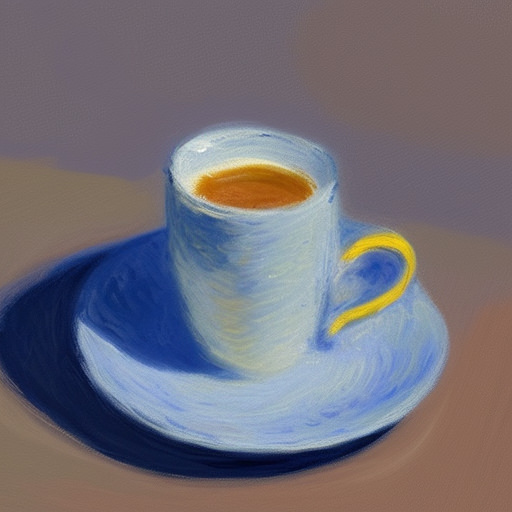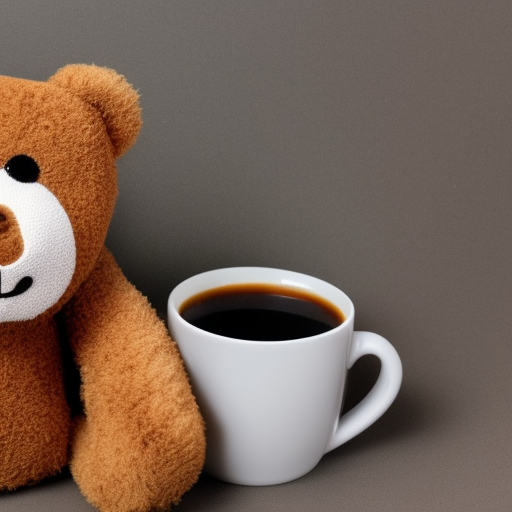There’s no denying that coffee is a popular pick-me-up beverage for many people, especially those in the creative arts. But does coffee really help artists produce their best work? What is the scientific evidence of its effects? Let’s take a closer look at how coffee affects artists and whether it can truly fuel their creativity.
The Science Behind Caffeine and Creativity
As with many things related to productivity, caffeine has both positive and negative effects on creativity. On the plus side, studies have shown that caffeine can enhance concentration and provide an energy boost that helps to stay awake and alert for longer periods of time. This means that when you don’t get enough sleep, you can rely on coffee to help you stay productive throughout the day.
Caffeine also increases dopamine levels in the brain, which can lead to higher levels of focus and attention. As every artist knows, staying focused on your work is essential for producing quality pieces. The increased concentration helps artists stay “in the zone” for longer periods of time, allowing them to be more creative and productive.
However, there are also some potential downsides to drinking too much coffee while working on art projects. Studies have shown that too much caffeine can lead to jitteriness and restlessness, which may make it difficult for artists to concentrate or focus on specific tasks. Furthermore, if an artist drinks too much coffee, they may become overly anxious or stressed out which could lead to counterproductive behavior or even burnout over time.
In short, drinking coffee can be beneficial for artists who need an extra boost of energy or focus when working on art projects—but it shouldn’t be relied upon as a crutch or a substitute for proper rest and relaxation. Caffeine has both positive and negative effects on creativity; it all depends on how much you drink and how it affects your individual body chemistry. When used in moderation though, coffee can definitely help fuel creativity.
Coffee, Cream and Sugar wall art – Molecules. It just seemed too fitting and fun to pass up on. Please note that if you purchase from clicking on the link, I will get a tiny bit of that sale to help keep this site going.



